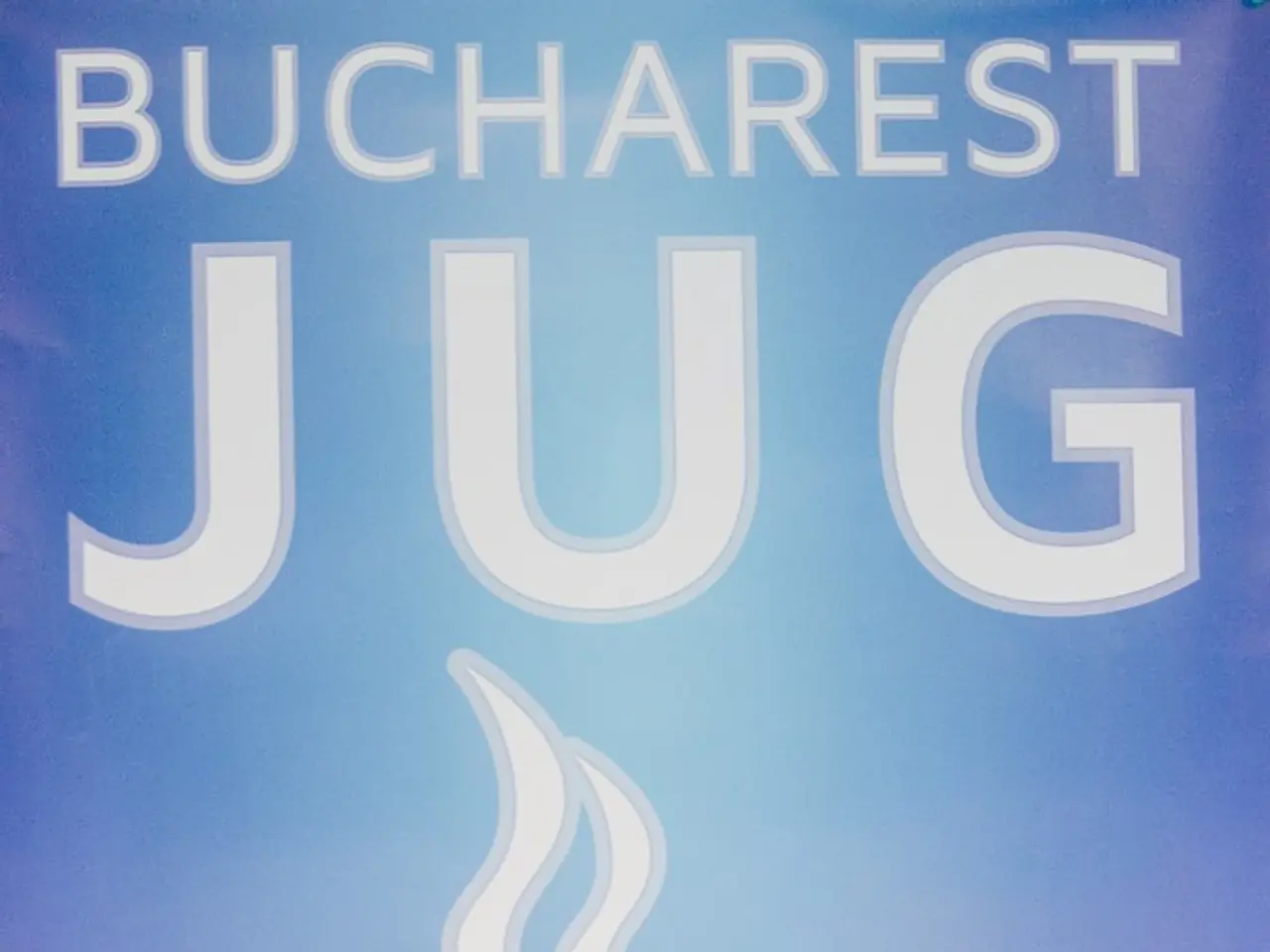Rabobank teams up with EIB on a €1 billion Small and Medium-sized Enterprise financing arrangement
The European Investment Bank (EIB) has announced a €1 billion loan facility to Rabobank and DLL, a global asset finance company, aimed at improving financing access for small and medium-sized enterprises (SMEs) across the European Union, particularly for climate-relevant and agricultural projects [1][2].
Rabobank will borrow €250 million from the EIB and match it with its own funds, making €500 million available to support smaller projects emphasizing sustainability and agricultural modernization in the Netherlands [1][2]. At least 40% of the investments must target climate-related initiatives, and another 40% will support bioeconomy sectors, including agriculture.
DLL, on the other hand, will borrow and match €250 million to provide asset-based financing solutions focused on sustainability, targeting SMEs and mid-caps in countries such as France, Germany, Italy, Spain, Belgium, Sweden, Poland, Ireland, and the Netherlands [1][2].
Jean-Christophe Laloux, EIB director general, expressed his hope that this facility can convince other financiers to make available more support for entrepreneurs developing more sustainable projects, as climate financing is a key driver of economic growth [1]. Lara Yocarini, a member of the managing board at Rabobank and CEO and chair of the executive board of DLL, stated that the EIB's funding will enhance their ability to provide more accessible, affordable, and tailored leasing solutions [2].
The funding aims to lower financial barriers, enabling companies to invest in sustainable equipment, technology, and practices that contribute to the energy transition, bioeconomy growth, and agri-tech modernization. This partnership is part of the broader EU policy efforts, such as the European Green Deal and InvestEU, to mobilize private investments toward climate goals and sustainable development [3].
Meanwhile, the renewable energy firm Renalfa has raised €315M from an investor group led by the European Bank for Reconstruction and Development (EBRD). The Resonance housing initiative, which does not involve the EIB, Rabobank, or DLL, has also welcomed tenants, signifying the completion of the fund [1].
Elsewhere, the CorPower Ocean project, which falls under the categories of Blue economy, Energy transition, and EU funding, has secured a €40m EU grant for a wave energy farm [1]. The OECD concluded in a 2021 report that SMEs should play a key role in the journey to net zero due to their significant share in energy use, emissions, and pollution [1]. The report also highlighted an increasing number of small businesses and entrepreneurs trying to slash their footprint through innovations, which may contribute to technological solutions for climate mitigation and adaptation.
In the past ten years, the EIB has provided the Netherlands with more than €27 billion in financing in various sectors [1]. This latest initiative is a testament to the EIB's commitment to supporting the transition to sustainable economies and increasing resilience in food and energy systems across Europe.
- The social impact of this development finance, as represented by the €1 billion loan facility from the European Investment Bank (EIB) to Rabobank and DLL, aims to improve financing access for small and medium-sized enterprises (SMEs) across the European Union, particularly for climate-relevant and agricultural projects.
- Climate financing, such as the investments funded by the EIB through Rabobank and DLL, is a key driver of economic growth and is expected to mobilize more support from other financiers for entrepreneurs developing more sustainable projects.
- Investments from this financing facility, like those targeting climate-related initiatives and bioeconomy sectors within the Netherlands, contribute to the energy transition, bioeconomy growth, and agri-tech modernization, making companies more sustainable and resilient.
- Environmental science and science as a whole can play a significant role in helping small businesses and entrepreneurs reduce their carbon footprint through innovations that may contribute to technological solutions for climate mitigation and adaptation.




